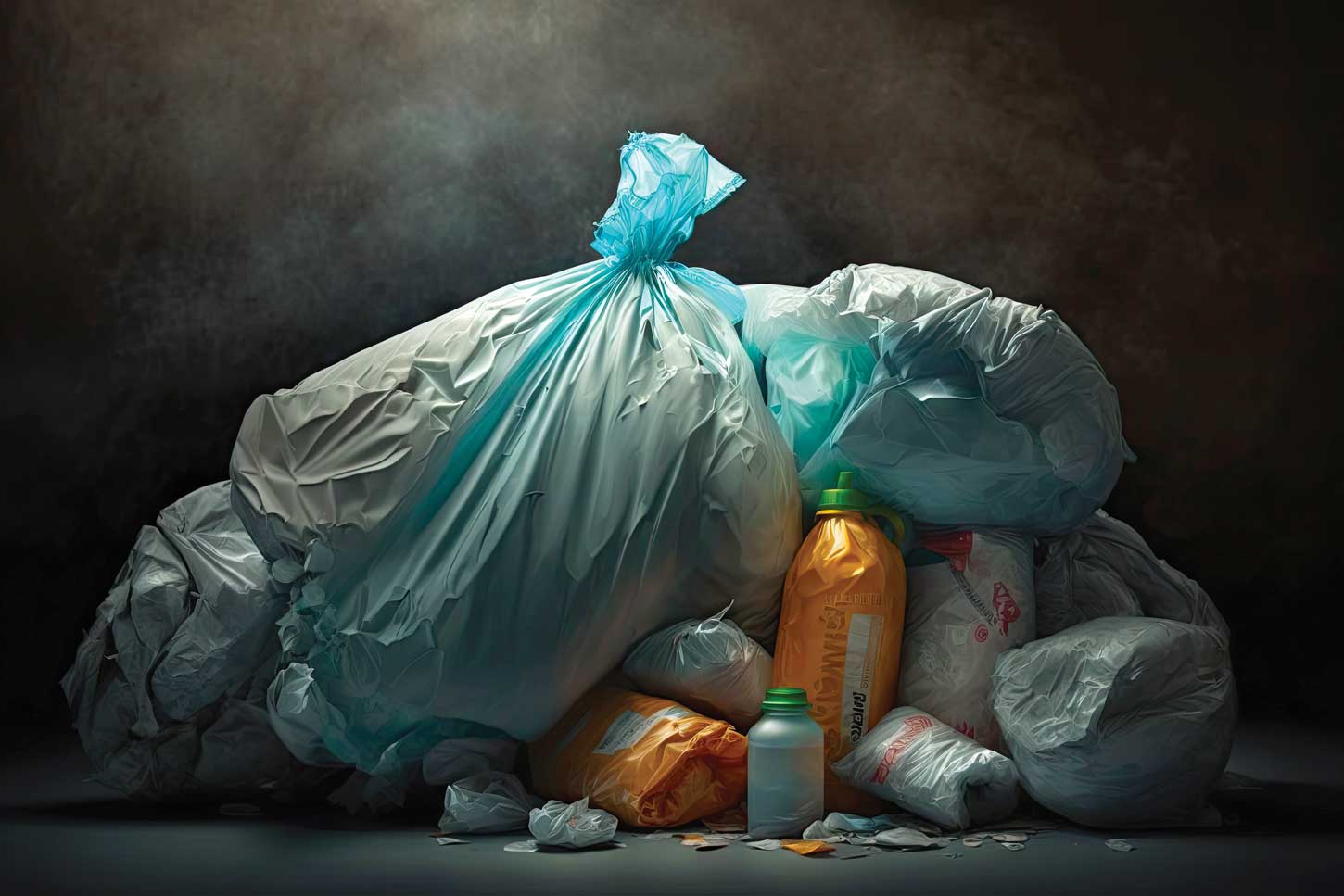GREEN FUTURE
Handling the Surplus
Radhini de Costa assesses the impact of waste mismanagement and steps Sri Lankans can take to reduce it
“Mismanaged waste is a serious and persistent global problem that affects the environment and humans,” says Assistant Director of Communications at Nestlé Lanka Radhini de Costa, stressing that “waste management is a critical need today and one that must be addressed with urgency.”
Waste management is a comprehensive system spanning the entire value chain from farm to fork and beyond that can lead to a waste free future. It’s a series of well thought out actions that ensures no waste ends up in landfills or oceans and creates value instead. This entails reducing, reusing, redesigning and recycling waste, and is complemented by rethinking behaviour.
Commenting on Sri Lanka’s waste management, de Costa states: “The work being done by public and private entities to improve waste management in Sri Lanka is truly commendable. The government’s undeterred focus and consistent policies in this area form a strong foundation for our country’s journey towards a waste free future.”
“However, being a developing country where the concept is relatively new, the waste collection and recycling infrastructure need to be strengthened to have a more efficient and effective waste management system,” she explains, noting: “Together with infrastructural enhancements, addressing the plastic waste challenge also requires fundamental behavioural changes from all of us to adopt greener practices.”
Pointing to the lack of awareness of responsible disposal as one of the biggest problems in Sri Lanka, de Costa explains that “everyone must not only make efforts to improve awareness but also truly understand that they are responsible for their waste because it’s by working together that we can find a solution.”
Since waste is a valuable resource if disposed of and managed responsibly, she believes there are ample opportunities to create significant social and economic upliftment through waste management initiatives.
“Together with infrastructural enhancements, addressing the plastic waste challenge also requires fundamental behavioural changes from all of us
De Costa elaborates: “It creates a multitude of job opportunities for local communities from waste collection to segregation to recycling and upcycling, which has a ripple effect on the economy. And what’s great is that this can be achieved while also doing good for the planet!”
Creating a more sustainable and greener Sri Lanka will only be possible if everyone works together as one nation.
“It’s imperative that individuals across generations at all levels of society understand their role and the difference that can be made through the simplest actions in the right direction,” de Costa avers, emphasising that “the first step to this green ambition is inspiring positive behavioural change in people.”






